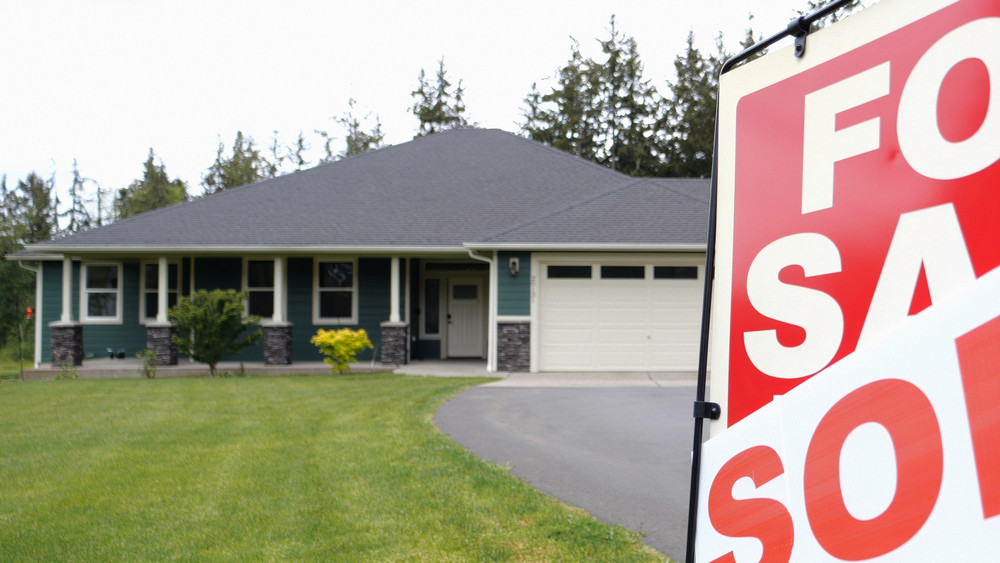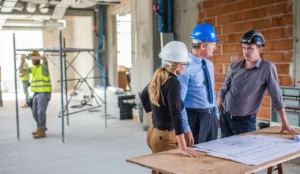The decision to purchase a new home is one of the most significant financial moves many people will make in their lifetime. In the current real estate market, prospective homebuyers are closely monitoring trends to determine the ideal purchasing window. According to Newsroom, 75% of prospective homebuyers anticipate that home prices and interest rates will drop, leading them to wait for a more favorable market.
This cautious approach is understandable, given the fluctuating economic conditions impacting the housing market. An essential aspect of deciding when to buy a home lies in analyzing market trends and forecasts. Many buyers believe that waiting for lower prices and interest rates may offer an opportunity for significant financial savings in the long run.
However, the expectation of declining prices is not always realized, as market dynamics can be unpredictable. It’s crucial for prospective buyers to consider current market conditions, while also being ready to act when favorable circumstances arise. As financial experts often suggest, staying informed and flexible is key to making a wise home-buying decision.
Renovation as an Alternative to Buying New
While many anticipate entering the property market, others are looking at renovation as a viable alternative. Data from the University of South Alabama indicates that slightly more than half (52%) of American homeowners are planning on renovating. This trend reflects a growing interest in improving existing properties rather than purchasing new homes.
Renovations can increase a home’s value, making it a practical investment for those who are not in a rush to move. Homeowners might choose to update their homes to better suit their needs, often making changes that enhance both functionality and aesthetics. Renovation projects can range from minor updates to major overhauls, allowing homeowners to tailor their living spaces to their unique preferences.
Additionally, staying in one’s home and investing in renovations can provide emotional and financial stability. It eliminates the stress and cost associated with moving, while allowing homeowners to build upon a property they are already familiar with. This path can be especially appealing in uncertain market conditions, where buying a new home might not be the most economical choice.
Considering Moving Costs
Another crucial factor in the decision to buy a new home is moving expenses. ConsumerAffairs reports that the average cost of a local move is $1,250, while long-distance moves can average $4,890. These costs add up quickly and can significantly impact a homebuyer’s overall budget.
Budgeting for a move involves more than just the actual cost of transporting belongings. Prospective buyers must also consider fees for temporary accommodations, utility transfers, and possible downtime in employment. For those on a strict budget, these additional expenses may influence their decision on whether or not now is the right time to purchase a new home.
When weighing the decision to move, buyers should create a comprehensive budget that includes all associated costs. By thoroughly understanding the financial implications, homebuyers can make more informed decisions, reducing unexpected stresses and expenses during the transition to a new home.
Timing and Financial Considerations
Timing is vital when purchasing a new home, as it can greatly affect affordability and investment potential. Prospective buyers should evaluate their financial situation, taking into account savings for a down payment, mortgage interest rates, and their overall financial stability. It’s often recommended to have a solid financial plan in place before entering the housing market.
The economic climate can greatly influence the right time to buy a home. Buyers should consider factors such as job security and income prospects, which can affect their ability to keep up with mortgage payments over time. Financial advisors often recommend purchasing a home only when one is fully prepared for the responsibilities of homeownership.
Additionally, the right timing isn’t solely about market conditions; it also includes personal readiness. Prospective buyers should consider their long-term plans and whether they can see themselves living in their new home for a considerable period. By aligning personal goals with financial readiness, buyers are more likely to make a successful purchasing decision.
The Emotional Aspect of Home Buying
Beyond financial and practical considerations, home buying is often an emotional process. Buying a home is not just about securing a good investment; it’s also about finding a place that feels right. For many, the decision involves envisioning a future and setting roots in a community.
The emotional component can sometimes cloud judgment, making it important to balance emotions with logical analysis. Buyers should remain aware of their motivations, ensuring they aren’t basing decisions solely on emotional factors or pressure from external influences. By maintaining clarity and focus, they can make a more balanced home-buying decision.
Ultimately, the right time to purchase a home combines market factors, personal financial stability, and the emotional readiness to make such a significant lifestyle change. Prospective buyers should engage in thorough research and self-reflection, allowing them to confidently navigate the process and make informed decisions. By doing so, they can find the home that best fits their needs, aspirations, and financial capacity.





Be First to Comment